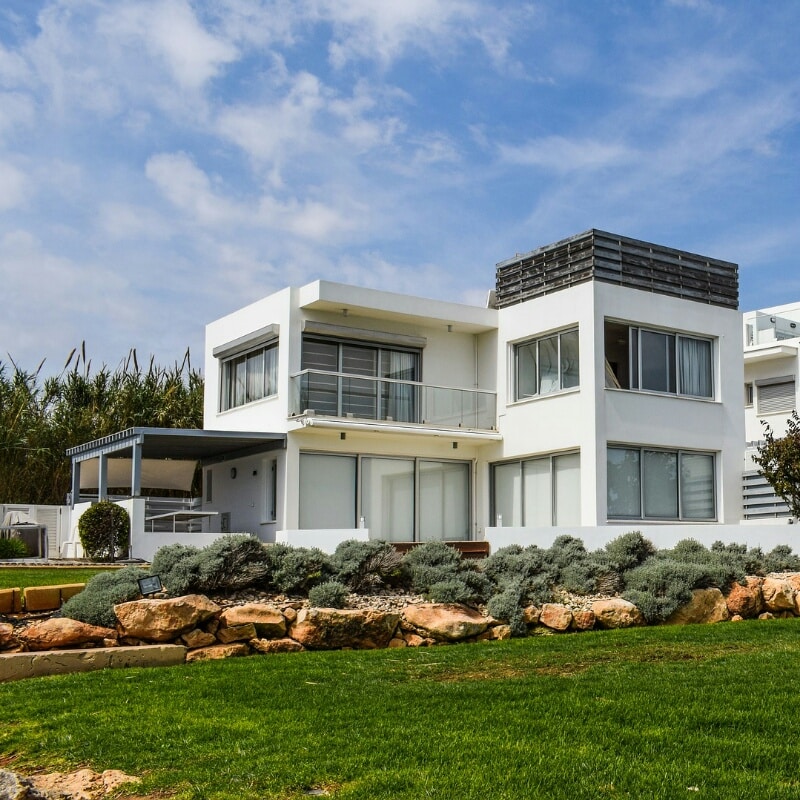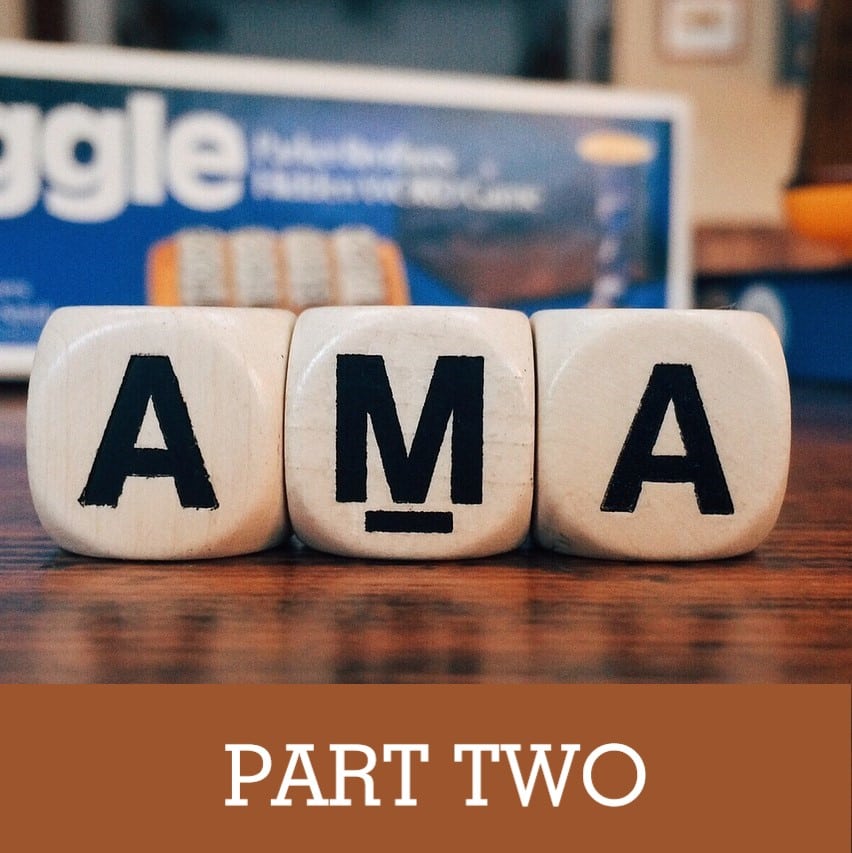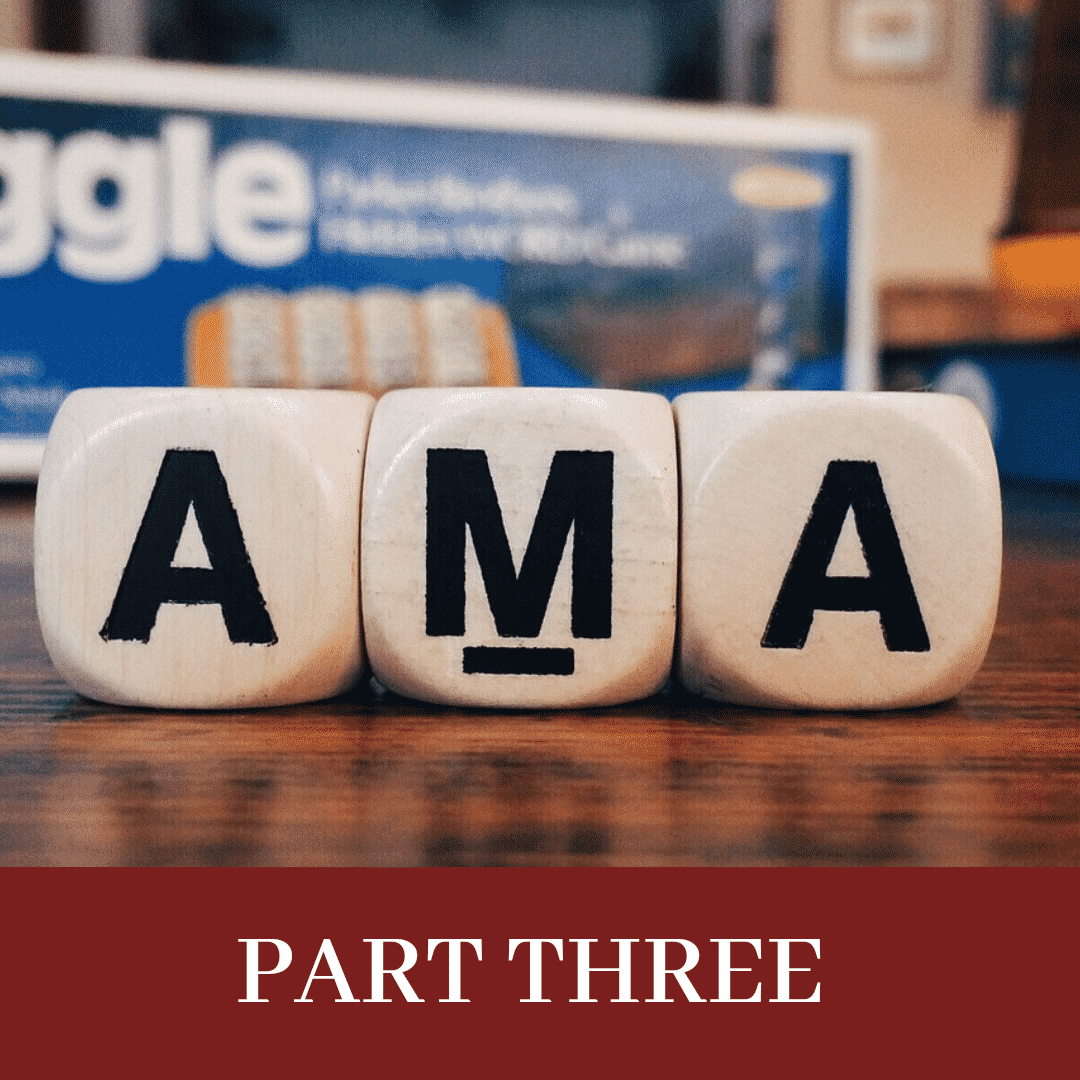
There’s a lot of information online about any topic in Nigeria. Many times, we don’t know where to find it or how to interpret it. Other times, the information is not plainly written.
In this write up, I explain the process of buying property in Nigeria. I have numbered the points to make them easy to digest. I will describe the parties involved, the types of property available to you and the documents that are required.
Parties Involved in a Property Transaction
There are five people or organisations in any property deal:
1. The Buyer: This is you or the party you represent. (If you are buying property on behalf of someone, please ensure you have the written authority to do so.)
2. The Seller: This may be a friend, a family member, a real estate company, a property developer, an agent, a community, government or even a stranger. Basically, someone tells you about a property or advertises one and then invites you to buy.
If the offer is from a friend or family member, you should consider the following: Have you ever done business with them before? How long have you known them? What is their reputation like? Do you have mutual friends? Google the person and ask for a letter of introduction, if they represent a company.
If it’s a real estate company or agent selling a property to you, please ensure they have a proper office and staff. Visit their office and ask about previous deals, then verify that those deals took place. This may take some time, but the good thing is, if you find a good company or agent, you can do business with them for many years to come. A bank may also be a seller, for instance, of reclaimed property from unpaid loans.
If a family is selling an inheritance, please ensure the individual you are dealing with is the designated executor of the estate. If the owner of the property being sold is available, ensure he/she signs all legal documents, or someone with their power of attorney, even if the actual negotiation is done by an agent.
If a community is selling (otherwise known as, omo onile), do make sure you are dealing with the legal representative of that community; the recognised baale, for instance, who will sign all legal documents on behalf of the community.
If the Government is selling (for example, property in a new town), please verify from the websites of relevant agencies (Lands Bureau, Lagos State Development and Property Corporation, Ministry of Housing or New Towns Development Authority), who the recognised agents are for that particular property.
3. The Lawyer: There are some documents that must be developed or verified in any property deal. Please ensure they are written or reviewed by a Lawyer that has been called to the bar in Nigeria. Use the same criteria for reviewing a real estate company or agent to assess your lawyer. Avoid charge & bail lawyers or non-property specialists.
4. The Surveyor: To determine the area or boundary of land being sold to you, your surveyor will produce a survey document you can take to the Lands Bureau while conducting your verification.
5. The Government: The Lands Bureau in any state is authorised to authenticate and lodge property documents from any property transaction. They will help you to verify the area or boundary of land being sold to you, using your survey document. They will also verify if the land you are interested in belongs to the person claiming to own it and whether it has been earmarked for government acquisition or an infrastructural project.
Any sale or transaction that does not involve government offices is legally suspect. Do not do it. You may interact with government directly, through someone who works in the government offices or through your Lawyer.
Trust and credibility are the most important factors in buying property. As such, due diligence is non-negotiable.
In my follow up article, I describe the different types of property that you can buy, the budget required and the documentation involved. Please read it here.
In this post, I explain the process of buying property in #Nigeria.Click To TweetOther FAQs

ASK ME ANYTHING PART 2
by Subomi Plumptre

ASK ME ANYTHING PART 3
by Subomi Plumptre

ASK ME ANYTHING PART 1
by Subomi Plumptre